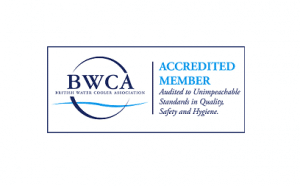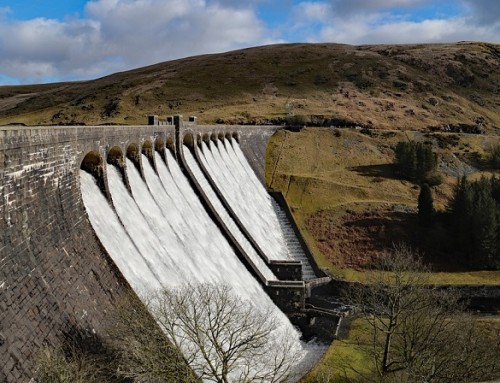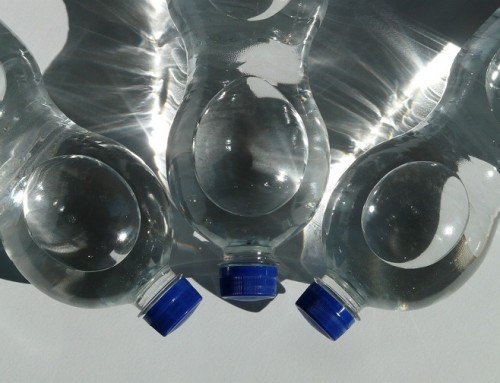 Drinking water in the UK is regulated by the British Water Cooler Association (BWCA), which was established in 1989. BWCA sets down strict regulations regarding the standards of hygiene, safety, and quality of UK water and also represents the interests of water cooler companies in the UK.
Drinking water in the UK is regulated by the British Water Cooler Association (BWCA), which was established in 1989. BWCA sets down strict regulations regarding the standards of hygiene, safety, and quality of UK water and also represents the interests of water cooler companies in the UK.
Most reputable water companies and water cooler companies in the UK are members of the BWCA, which ensures that they adhere to strict Codes of Practice and Bylaws. Members of the BWCA must have their Code of Advertising and Conduct audited annually for compliance, must carry out regular sanitisation and hygiene inspections, and must comply with stringent sanitisation regulations.
Spring water, natural mineral water, and bottled drinking water in the UK are also regulated by the Food Standards Agency, specifically when it comes to labelling these kinds of water.
The Water Industry Act (1991), which is derived from the EU Drinking Water Directive, is the law that governs drinking water in the UK. These regulations are also based on advice from and regularly reviewed by the World Health Organization (WHO). Latest regulations governing bottled water in the UK is the Natural Mineral Water, Spring Water and Bottled Drinking Water (England) (Amendment) Regulations 2010.
These regulations govern the quality of all water supplied to the public by water companies, ensuring that it complies with drinking water quality standards as set out for the quality of tap water at the time.
Risk Assessment must be carried out by water companies regularly, and this is governed by Regulations 27 and 28 of the Water Supply Regulations.
Natural Mineral Water must be sourced from an identified and protected source, must be consistent in composition, must be naturally wholesome sans treatment, and must be quality-controlled at point of bottling. Natural Mineral Water must be recognised by a local authority and registered with the Food Standards Agency (FSA).
In the UK, Spring Water must originate from a single non-polluted underground source and be bottled at source; it must also comply with standards based on the Drinking Water Regulations and may only be treated within specific parameters to remove specific minerals and meet microbiological criteria.





